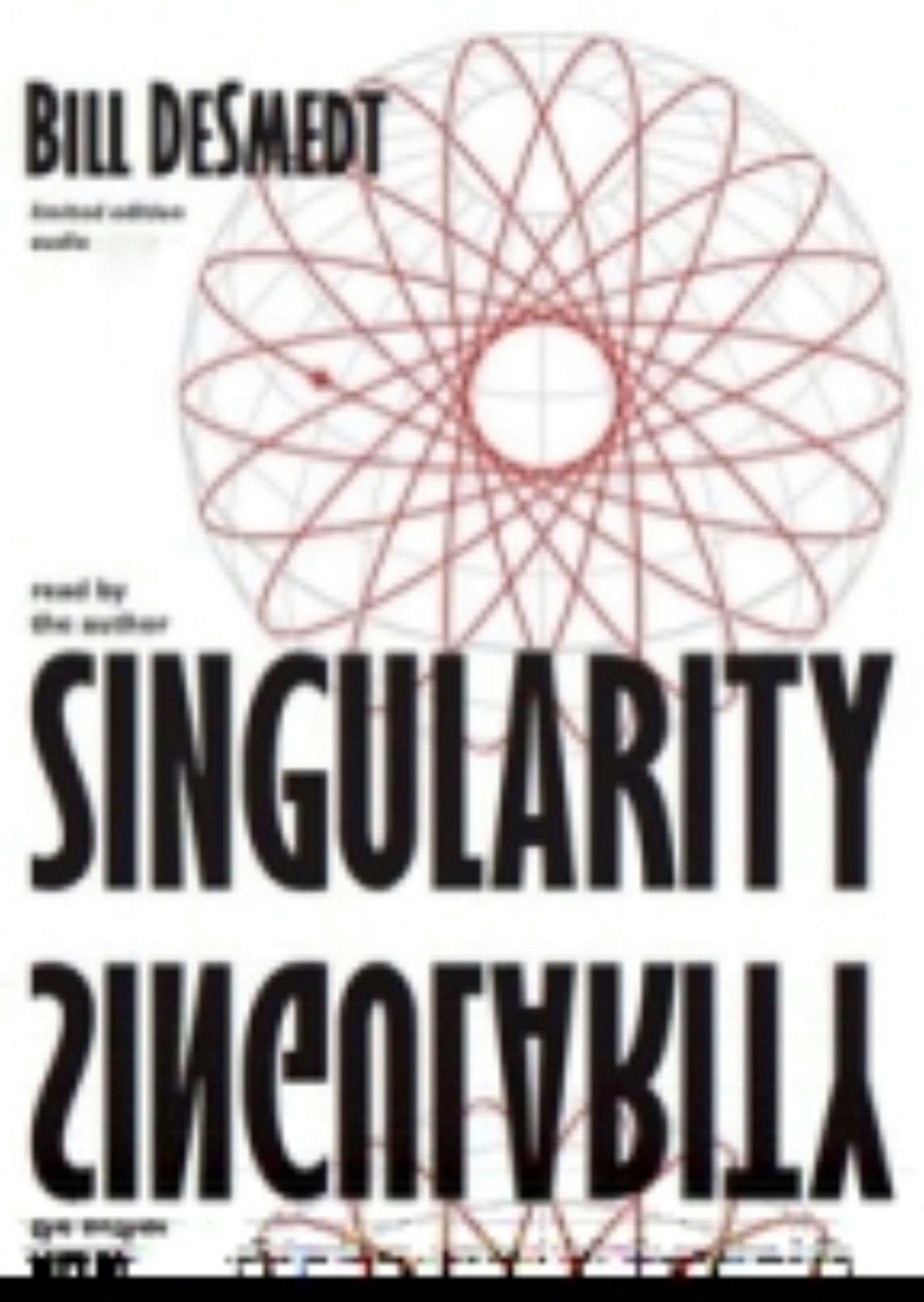Very Disappointing
☆
☆
☆
☆
☆
“At first I thought it was going to be amazing, a new favorite. The premise is top-notch, and the book did a great job setting it up, linking it to real history, real science and also to slavic myth. We are presented with a host of compelling characters with intriguing back-stories and interesting quirks. A brooding sense of mystery and and suspense builds as we are fed tiny hints about who knows what and what their goals might be. Lots of cool near-future gadgets fill out the arsenals of agents of plausible-sounding government agencies. On top of all this, the writing was very good.
And then it all goes to hell! Reading it, you'd think that DeSmedt wrote the first third of the book, then watched a marathon of James Bond movies which influenced the the second third, then started actively packing in clichés at the end in hopes of easy adaptation into a Hollywood popcorn script.
The villain is brilliant and devious, except that his plan is obviously doomed to failure due to a glaring flaw that readers will see ten chapters out but he and all his scientists are too dumb to think of. In fact, the brains of all the characters seem to simply shut off whenever the story requires them to do something stupid, which is often.
The female protagonist is set up as an intelligent and emotionally deep character, but she quickly degrades into a cliché movie vixen whose physical attributes are described again and again and again and again, and, although she is supposedly a seasoned secret agent whose discipline never fails her, she just can't control herself when it comes to sex with the nearest breathing male. Horniness is ultimately her most memorable characteristic.
The story ends with a giant red digital clock counting the down the seconds until the end of the world, not once, but TWICE in the same scene. The villain walks into a room containing a naked black hole with the intention of tossing something into it. (Guess how that works out.) The heroes battle henchmen with laser rifles. The whole mess ends on a sickly sentimental note about love being the most real thing in the universe.
Why can't a story start good and stay good?! Why must I be disappointed over and over again by stories that start with a brilliant premises and end with lazy clichés?! Why must the narrator's description of a woman as attractive always mean she will hop in the sack with the hero?
Don't waste your time reading or listening to Singularity. Read up on the Tunguska event and make up your own story: It will have a better ending.”
Josh Hugo via Apple Podcasts ·
United States of America ·
03/26/08
More reviews of Singularity
☆
☆
☆
☆
☆
“An excellent listen, found myself telling myself 'just one more chapter'. Loved the science info dumps, makes me want to learn more about black holes and space ( trying not to spoil the content). All in all an amazing book. Listen and enjoy.”
Adz1988 via Apple Podcasts ·
Great Britain ·
05/16/11
☆
☆
☆
☆
☆
“This book does a great job of backing up a fantastic story with what I can only assume is really good scientific information. DeSmedt does a recites the narrative with a calm dignified voice that I really enjoy, and he has one of the best Russian accents I've heard. He also doesn't make the...”Read full review »
CHU_BACCA via Apple Podcasts ·
United States of America ·
01/22/07
☆
☆
☆
☆
☆
“I am a scifi / fantasy freak since childhood. I love this book so far and I've only heard 3 episodes. His writing style feels polished and his descriptive style is wonderful. Many of the podiobooks are fun but they aren't all as well written as this. Thanks to the author for a great...”Read full review »
ktjkia via Apple Podcasts ·
United States of America ·
08/10/08
Do you host a podcast?
Track your ranks and reviews from Spotify, Apple Podcasts and more.


